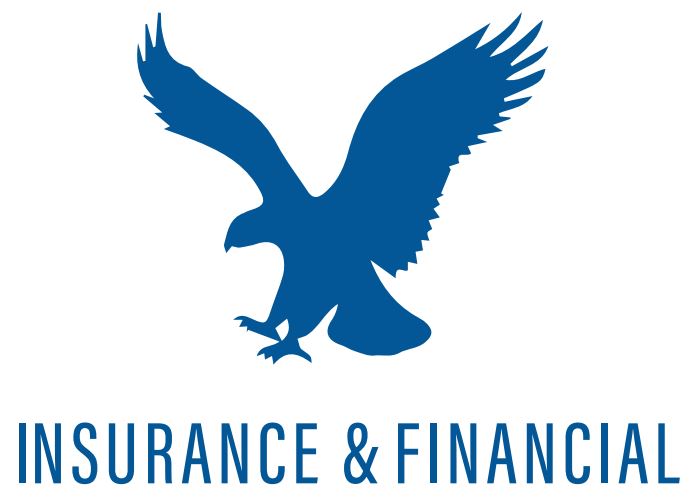Special Report . . .
Insurance Insider Reveals the Secrets Everyone Filing a Claim Must Know
What You Need to Do Before and After Filing an Auto Insurance Claim to Make Sure Your Claim Is Paid in Full and Promptly
Royce Williams
Royce Williams Agency
Take a deep breath — and be thankful youre reading this now and not after youve already had an auto insurance claim. Think ahead for a moment. Youve just had an accident. Youre not badly hurt, but youre not in great shape, either, particularly mentally. Your car — boy, you love this car — has some significant damage, perhaps so much that you wont be able to drive it home.
Theres a lot to remember to do, and very little time to do it. What information do you need to have from the other driver(s)? Are there any witnesses? Does someone need to call the police? Where do you take the car to have it repaired? What do you do about alternative transportation? Who do you call to make a claim? Your agent? The insurance company? The other persons insurance company?
You are basically overwhelmed.
Thats understandable, but there are steps you can take long before you have an accident so that you are prepared and making a claim is not that difficult at all. How?
You read this report.
I want to share this information with you because I know peace of mind is so important. I am willing — actually, Im excited — to reveal to you the secrets about making insurance claims. Secrets that ensure your claim is paid in full and as quickly as possible.
Why would I just give these secrets away? Because its just as good for my business as it is for you. I want to let you in on the knowledge I have accumulated as an insurance industry professional and insider. I want to do this because I have found, time and time again, that generosity and the willingness to provide really great service come back to me. Tenfold. In fact, thats how I have built my business.
My clients have filed hundreds, even thousands of auto insurance claims. As a result, I know what to do, and what not to do, to get a claim resolved to the satisfaction of my clients. There are a few steps you should take right now, before you have to file a claim. With the right preparation, the accident will be a less traumatic experience because youll know exactly what to do right after it occurs.
Whats Covered — And What Isnt
Have you read your auto insurance policy lately? Ever? Probably not. Few people do, in all honesty. But whether you read the policy or not, you should know what your policy covers — and what it doesnt. No policy can cover every possible situation, but most good policies cover just about every one. Sometimes, when they buy their policy, people decide not to have certain coverage. Maybe its because some coverages are too expensive or not worth having because their car is fairly old.
You should know the situations in which you dont have coverage. Call your agent, or whomever sold you the policy, and ask him or her to explain what the policy covers, but, most important, what it doesnt.
But theres more to know than what the policy covers. Insurance companies have certain steps you need to follow in the event you have an accident. In the policy, these steps are called Conditions. You should know what these conditions are.
You should also try, ideally before you have an accident, to determine what you will do with your car if it needs repairing. Do you know of an auto body shop that does excellent work? If you do, great! But if you dont, ask your agent or even your insurance company to recommend a body shop near where you live. Most insurance companies have what they consider to be preferred auto body shops — shops that have good reputations and that insurers trust. Find out from your agent or insurance company if there are any of these body shops near you.
Ask your agent what to do and who to call when you need to report a claim.
Now, your car. Do you have anything in the car to write with and on if you have an accident? Theres plenty of information you will need to have right at the scene. This is not information you want to have written on a candy wrapper or a golf scorecard. And what if you dont always carry a pen or pencil with you? You need to have a pad of paper and a pen or pencil stored in the car, just in case youre in an accident. In fact, keep at least two writing instruments in the car in case one of your pens runs out of ink. Keep the pad and pen(s) in the glove compartment or the console next to the drivers seat. In addition, if your insurance company has a form that allows you to provide details of an accident, including a sketch of the scene, keep some of those forms in the car as well.
Now, you are prepared if you should have an accident.
What to Do After an Accident
Youve just had an accident. At the scene, you need to do the following:
- Stop the car and get help for any injured drivers or passengers. Give whatever help you can to the injured (covering them with blankets, making them comfortable), but dont move them. You could aggravate the injury(ies). Have someone call the police or highway patrol. Tell the police how many are injured and the possible extent of the injuries (whether they appear serious or not). The police can then notify the nearest medical units if they are needed.
- Protect the accident scene. Try to prevent further damage to the vehicles involved be setting up flares or getting your car off the road.
- Give the police officers whatever information they require, including your version of what happened. Do not, under any circumstances, admit you were at fault, either to the police or the other driver(s). Just give the facts as you see them. Ask the investigating officer how you can get a copy of the police report. You might need the report when you submit your claim to the insurance company. Stay at the accident scene until the police have left. (If its a minor accident, the police may not make a report. In fact, they may not even come to the scene if there are no injuries or serious damage to any of the vehicles involved).
- Write down the names and addresses of all drivers and passengers involved in the accident, as well as the license number, make, model and year of each car. Make a note of the drivers license number(s) and insurance information of the other driver(s). Write down the names and addresses of as many witnesses as possible, as well as the names and badge numbers of police officers and any emergency personnel.
- Write down all the details of the accident that you can remember, either on the accident form from your insurance company or in your notebook.
- If necessary, have your car towed to a repair shop. (Its a good idea to have a repair shop in mind before you have an accident; this way, you already know where you want the car towed).
- Call your insurance agent or the local claim representative for your insurance company to report the claim. Do this as soon as possible, including, if possible, from the accident scene. (You should probably make a note in your notebook, prior to the accident, of the phone number(s) to call to report a claim). Actually, its a good idea to call your insurance agent in addition to the claim representative. If your agent is involved, it could help speed the claim process. You should also tell your agent if you are not satisfied with how your claim is being handled.
- Ask your agent or insurance company representative how to proceed and what forms or documents you will need to support your claim. Your insurer may require you to fill out a proof of loss form, as well as supply documents pertaining to your claim such as medical and auto repair bills, and a copy of the police report.
- Keep records of any expenses you have as a result of the accident, including any related to a temporary inability to work or perform basic household functions. Your policy may allow you to be reimbursed for such things as medical and hospital expenses, lost wages and some of the costs if you have to hire a temporary housekeeper.
- Keep copies of any paperwork related to the accident.
- Find out, before the auto body shop starts repairing your car, what kind of parts will be used. Will they be from the original equipment manufacturer (OEM parts) or so-called aftermarket parts that are generic (and some believe they are inferior to OEM parts)? If you want only OEM parts used, you need to tell both the repair shop and your insurance company.
- If you are not satisfied with how your insurer is handling/has handled your claim, make your feelings known to the company and to your agent, and see how they respond. Do not, at this point, use the word lawyer. Once you raise the prospect of seeking legal help, that will change the way your insurance company deals with you. When you say lawyer, you are basically threatening to sue your insurer. Dont make this threat until you are absolutely convinced that your insurance company will not resolve the claim to your satisfaction. If you hire a lawyer, no one at the insurance company will be able to communicate with you directly; they must go through your attorney.
Remember, while no accident is a pleasant experience, proper preparation and following certain steps can assure that the claim process is resolved to your satisfaction. If your claim has the important documentation and all the key details, theres no reason it wont be paid in full and promptly.
But if you have any trouble, please contact your insurance agent. We are here to help you and make sure your insurance policy takes care of you as it should.



